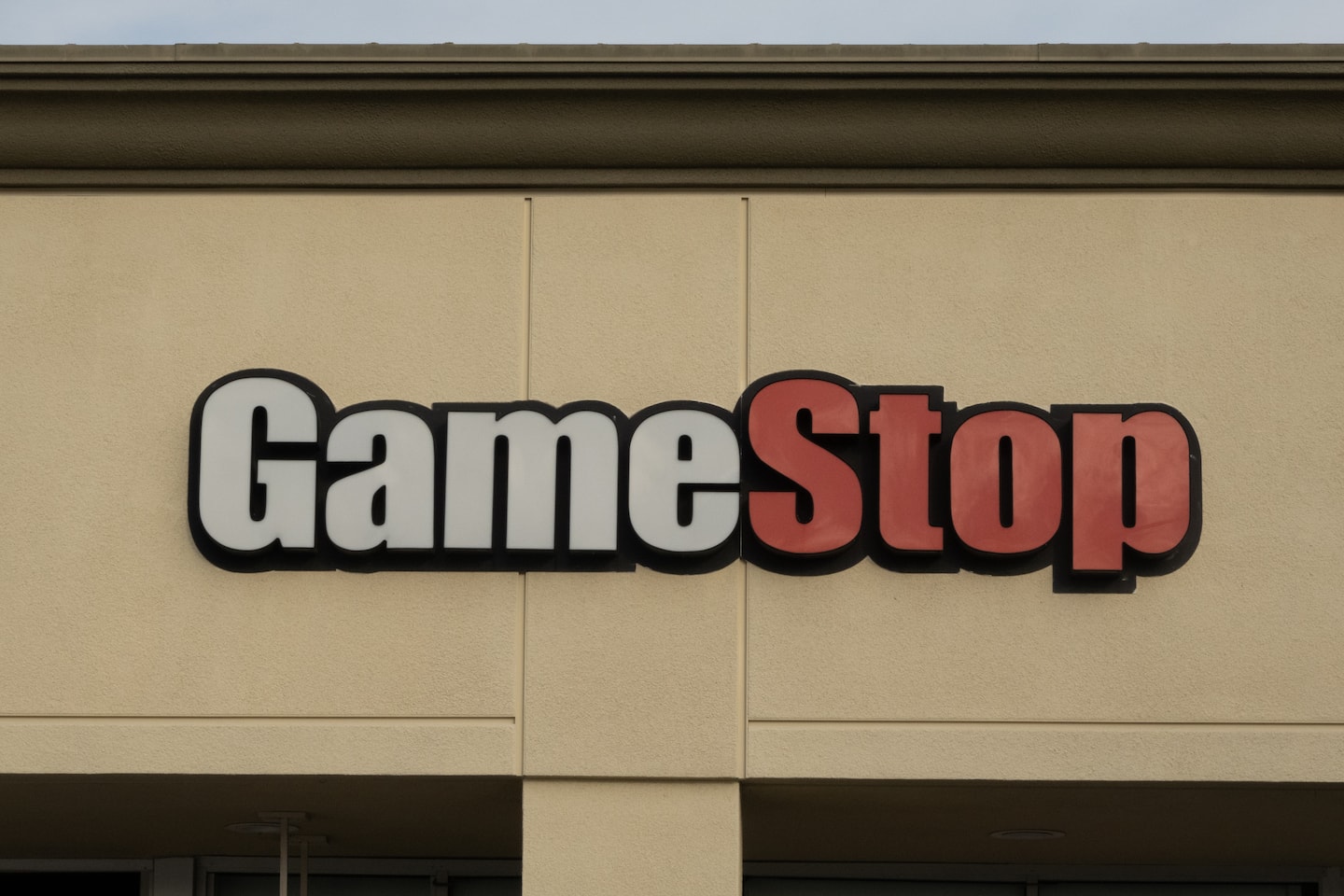The GameStop folly isn’t just a get-rich-quick scheme. It’s a tale of inequality.

And then the day traders discovered the company.
Day trading — a miserable creation of the dot-com boom — has returned for the age of covid-19. It’s driven by (mostly) youngish men attracted to the free trades offered by gamified, addictive apps such as Robinhood. The traders have an excess of free time and, in many cases, difficult economic prospects because of the pandemic.
In the past week, shares of GameStop have soared as newly minted traders, many of whom hang out on a Reddit board called r/wallstreetbets, piled in. (The original dot-com day traders used Yahoo Finance boards. Some things never change.) This, in turn, forced institutional short-sellers to buy even more of the stock to avoid bigger losses — a classic “short squeeze.” GameStop stock is up several hundred percent for the year. On Dec. 31, the stock closed at $18.84. When I sat down to work Tuesday morning, it opened $88.56. It closed at $147.98.
This isn’t simply disconnected from investing fundamentals. This is disconnected from reality. Yes, some will make money along the way, but this is going to end in a financial catastrophe for many. Options trading has a way of doing that to people.
But here’s where the story gets more interesting. GameStop’s stock rise is also hurting the hedge funds and professional Wall Street outfits betting on GameStop’s continued subpar performance. And, for some, this might be the point. As much as some of these day traders want to make a mint, they also very much want someone else to lose it. Melvin Capital, an investment firm known to be shorting GameStop, has been the subject of no small amount of ire on r/wallstreetbets. On Monday, it ended up receiving a $2.75 billion investment from two other hedge funds, apparently as a result of all this.
That’s the thing about economic and wealth inequality: It helps to have rich friends!
It’s all but a cliche to note that the wealthiest Americans have done quite well since the covid-19 pandemic began. According to a report released Tuesday morning by the Institute for Policy Studies and Americans for Tax Fairness, the wealth of American billionaires has soared by nearly 40 percent since mid-March 2020. But the economic prospects for almost everyone else remains less than promising. This is particularly true for the millennials and older members of Gen Z, who appear to make up most of the day trading hordes. Millennials possess significantly less in the way of assets as baby boomers and Gen Xers did at the ages they are now, and have much more student debt. Meanwhile, Melvin Capital is down 30 percent this year because of a bad bet, yet gets a bailout from other rich hedge funds.
A quick tour through Reddit shows how this plays out. One poster claimed to use day trading gains to pay off a $23,504 student loan bill. Others talk of using stimulus checks to invest. Anger is never far from the surface. “They have had this game rigged for over a 100 years,” wrote one poster. “Pay back is a b—-. You think we all forgot what these a—— elitists did during 2008 and the sweet bailouts they got while the rest of us suffered?,” wrote another.
The GameStop follies, it turns out, aren’t just a simple get-rich-quick scheme. This is a cry for help, combined with a way to even the score. If that doesn’t tell us something about our age of inequality, I don’t know what does.
Read more:






